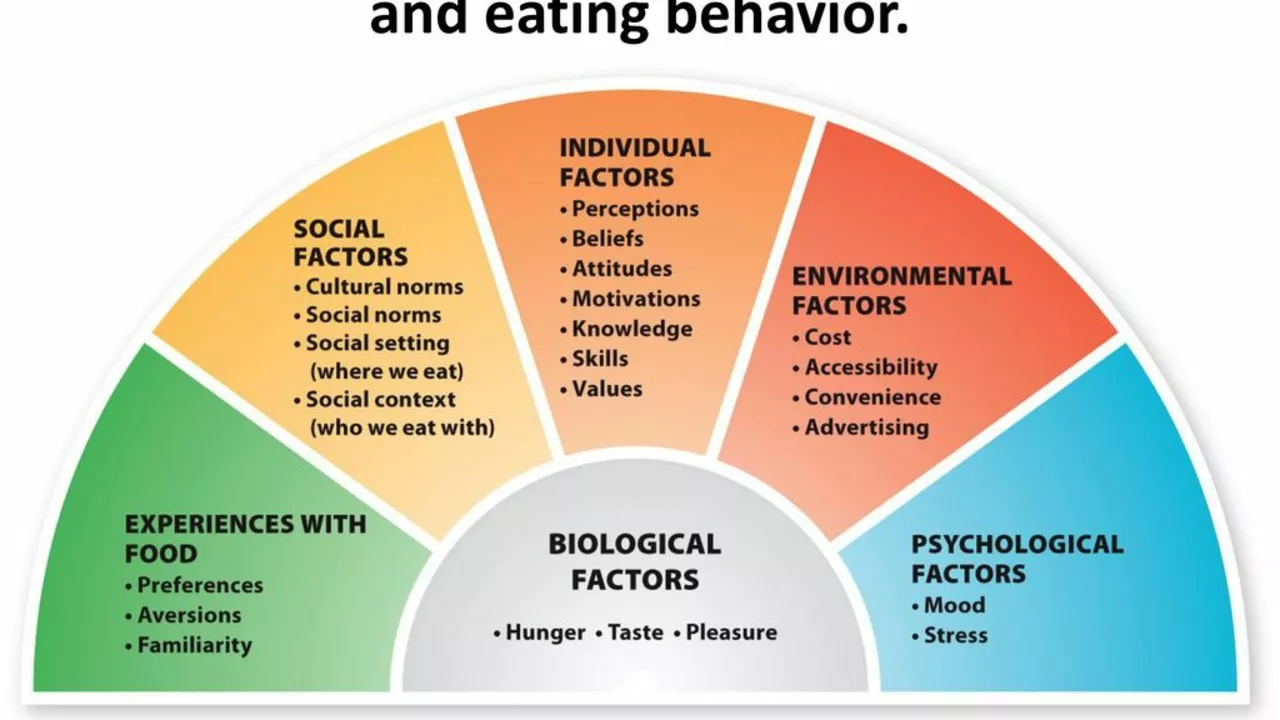Introduction to Acamprosate and Its Potential
As a blogger who has been researching various addiction treatments, I have come across a drug named Acamprosate. This medication is primarily used to treat alcohol dependence, but it has shown promising results in treating other addictions as well. In this article, I will explore the potential of Acamprosate in treating other addictions, while discussing the science behind its effects and the studies that have been conducted so far. I hope that by the end of this article, you will have a better understanding of this medication and how it could potentially help in the battle against addiction.
Understanding Acamprosate and How It Works
Acamprosate, also known as Campral, is a medication that has been approved for the treatment of alcohol dependence. It works by stabilizing the chemical balance in the brain that is disrupted by long-term alcohol consumption. It is believed that Acamprosate reduces the symptoms of alcohol withdrawal, such as cravings and anxiety, which can lead to relapse. While its exact mechanism of action is not fully understood, it is thought to work by modulating the activity of neurotransmitters like glutamate and GABA, which are involved in the brain's reward system and the development of addiction.
Expanding the Potential: Acamprosate and Opioid Addiction
One of the areas where Acamprosate has shown potential is in the treatment of opioid addiction. Opioid addiction is a major public health crisis, and finding effective treatments is crucial. Some studies have suggested that Acamprosate may help reduce cravings and withdrawal symptoms in people with opioid dependence. It is theorized that the drug's ability to modulate neurotransmitter activity could help stabilize the brain's reward system, which is also disrupted by opioids. However, more research is needed to fully understand the potential of Acamprosate in this area.
Acamprosate and Cocaine Addiction: A Promising Combination
Another addiction that Acamprosate might be helpful in treating is cocaine addiction. Preliminary studies have shown that the combination of Acamprosate and cognitive-behavioral therapy may be effective in reducing cocaine cravings and improving treatment outcomes. This combination may work by targeting both the biological and psychological aspects of addiction, providing a more comprehensive approach to treatment. While these initial findings are promising, further research is needed to confirm the effectiveness of Acamprosate in treating cocaine addiction.
Exploring Acamprosate's Potential in Treating Nicotine Addiction
As a prevalent addiction, nicotine dependence is another area where Acamprosate may have potential benefits. Some studies have suggested that Acamprosate could help reduce nicotine cravings and withdrawal symptoms, leading to improved treatment outcomes for people trying to quit smoking. While the research in this area is still in its early stages, the potential for Acamprosate to help treat nicotine addiction is an exciting development that warrants further investigation.
Combating Behavioral Addictions with Acamprosate
Behavioral addictions, such as gambling and internet addiction, can be as destructive as substance addictions. Research has found that Acamprosate may also have potential in treating these types of addictions. It is believed that the drug's ability to stabilize the brain's reward system could help reduce cravings and compulsive behaviors associated with these addictions. However, more research is needed to fully understand the potential of Acamprosate in treating behavioral addictions.
Challenges and Limitations of Acamprosate
While Acamprosate shows promise in treating a variety of addictions, there are some challenges and limitations to its use. One of the main limitations is the lack of long-term studies on the effectiveness of Acamprosate in treating addictions other than alcohol dependence. Additionally, Acamprosate may not be suitable for everyone, as it can cause side effects such as diarrhea and abdominal pain. Furthermore, it is important to remember that Acamprosate is not a standalone treatment and should be used in conjunction with other therapies, such as counseling and support groups, for the best results.
Future Research and the Role of Acamprosate in Addiction Treatment
While the potential of Acamprosate in treating other addictions is promising, more research is needed to fully understand its effectiveness and safety. Future studies should focus on long-term outcomes, as well as potential interactions with other medications and therapies. If Acamprosate proves to be effective in treating a wide range of addictions, it could become an important tool in the fight against addiction, offering hope and support to those struggling with substance abuse and behavioral addictions.
Conclusion: The Potential of Acamprosate in Addiction Treatment
In conclusion, Acamprosate is a medication that has shown potential in treating various addictions beyond its primary use for alcohol dependence. Its ability to stabilize the brain's reward system and reduce cravings and withdrawal symptoms make it an intriguing option for treating opioid, cocaine, and nicotine addictions, as well as behavioral addictions like gambling and internet addiction. While more research is needed to fully understand its effectiveness and safety, Acamprosate could potentially play a significant role in the future of addiction treatment.


joe balak
June 26, 2023 AT 23:56Sonia Festa
June 28, 2023 AT 17:50Tatiana Mathis
June 30, 2023 AT 02:22Neal Burton
July 1, 2023 AT 10:46Lori Johnson
July 2, 2023 AT 20:33Michelle Lyons
July 4, 2023 AT 01:37Cornelle Camberos
July 5, 2023 AT 08:02Sara Allen
July 7, 2023 AT 06:24Amina Kmiha
July 9, 2023 AT 05:23Ryan Tanner
July 9, 2023 AT 05:58Vrinda Bali
July 10, 2023 AT 13:57Marshall Washick
July 10, 2023 AT 16:39John Rendek
July 12, 2023 AT 05:22Abha Nakra
July 13, 2023 AT 21:03Tamara Kayali Browne
July 15, 2023 AT 13:19Iván Maceda
July 17, 2023 AT 10:53Nishigandha Kanurkar
July 18, 2023 AT 18:16